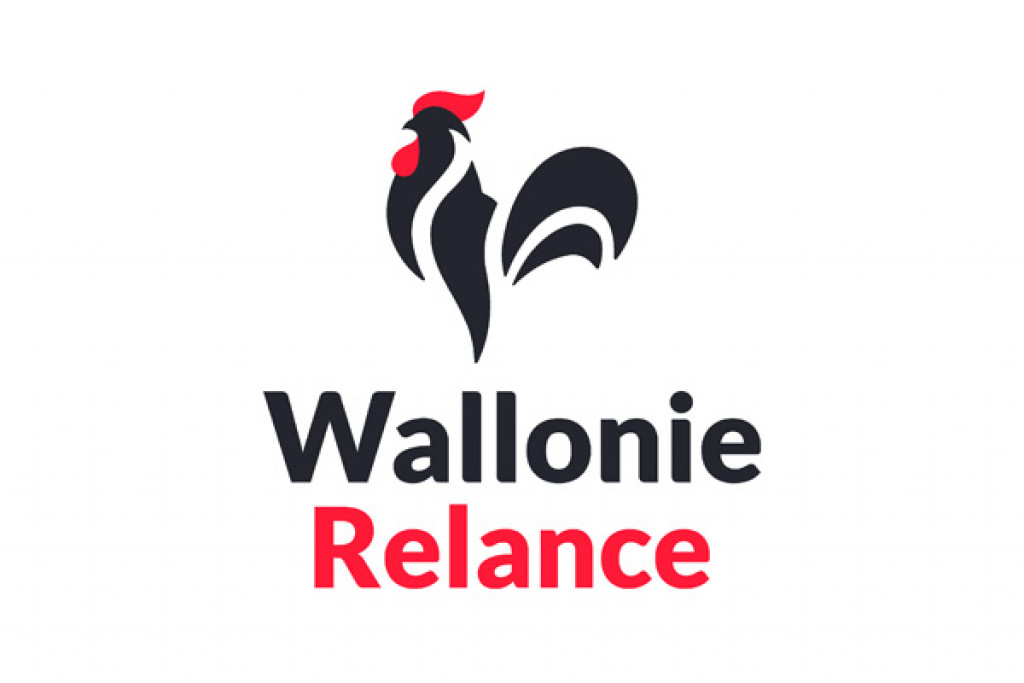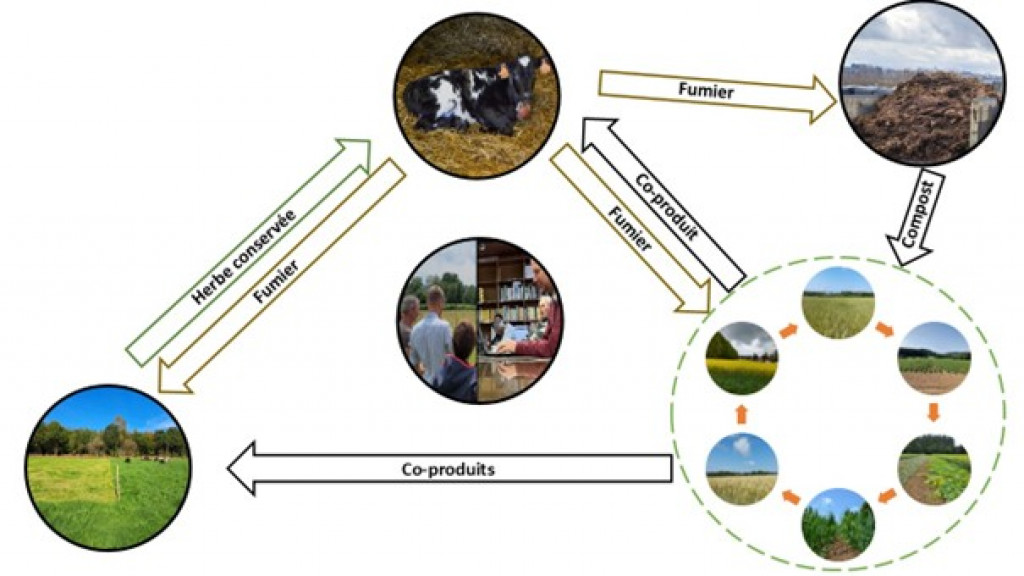One of the objectives of the Terraé project was to address the topic of economic monitoring for farms engaged in an agroecological transition. Following research and training in France through the CIVAM , the lessons learned were shared with farmers in the network and recorded in a set of factsheets for broader dissemination. The objective: to demystify economic and accounting concepts so that everyone can take ownership of their farm's figures and understand their implications for farm income to make informed decisions.
Three different, complementary approaches
To manage a farm, three approaches are usually used:
- Cash flow represents the liquid assets, the money available in the farm's bank account.
- The economic approach accounts for the farm's wealth (in monetary form, stock, etc.) through the profit and loss account, a table presenting all income and expenses over one year.
- The financial approach is summarised in the balance sheet, which shows the farm's assets and liabilities at the end of the given year.
Each approach looks at the situation from a different angle and provides complementary learning. None of them, taken alone, is sufficient to identify problems and point towards possible solutions.
These three approaches should therefore be considered together, and above all by taking into account the experiences and perceptions of those directly concerned: the farmers.
Curious to find out more?
All the lessons learned on the economic monitoring of farms in agroecological transition can be found on the Terraé project page of the CRA-W website, and more widely on terraé-agroécologie.be.










